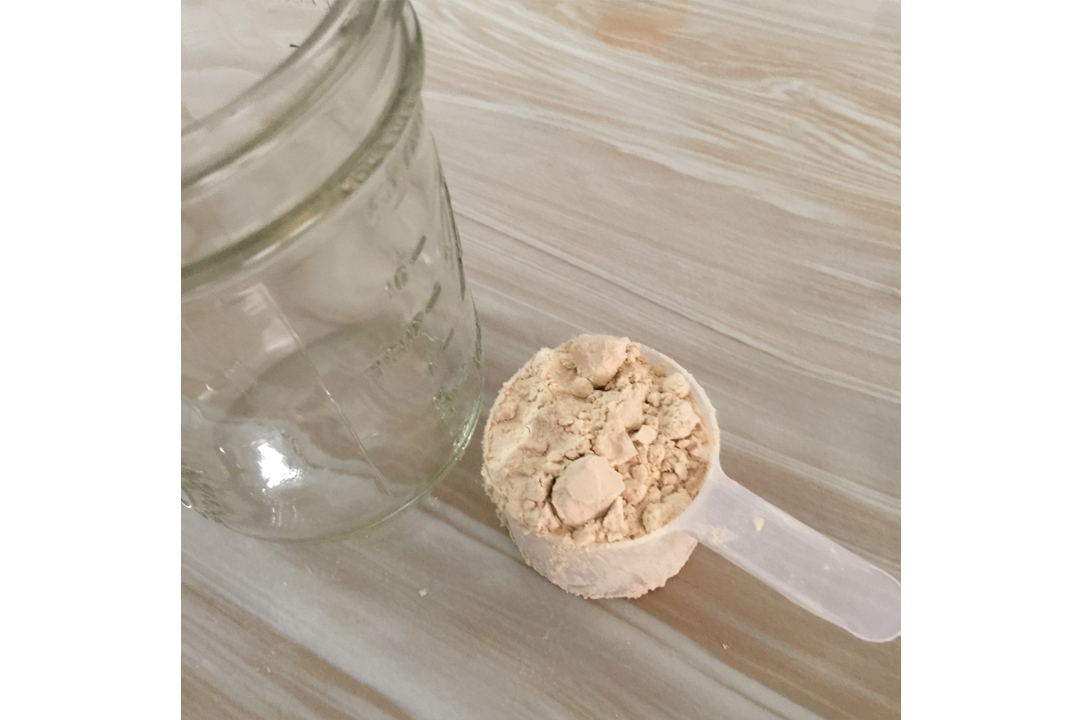
Reducing Food Waste in Foodservice
October 16, 2018 by Doreen Garelick, Dietetic Intern
Our intern Doreen attended a food waste summit for restaurants and compiled these tips to help food service operators redirect…
April 20, 2018

When it comes to food and nutrition, we are living in a time where transparency is key. For many concerned with diet, checking out the ingredient list has become standard and the “cleaner” the list, the better. But there are some foods that prove more cryptic, namely dietary supplements.
Think about it...when you buy a dozen eggs, you know exactly what you are getting. However, when buying protein powder, you take a leap of faith that what you are buying is exactly what is on the label. This is for two reasons. First, you know what an egg looks, feels, and tastes like. But when you are buying a powder that is said to come from specific ingredients and contain a certain amount of calories, fat, and protein, how are you to verify that? Powder is powder.
Furthermore, the FDA does not regulate supplements like food. That is why there is always a disclaimer on supplement labels. Because of this lack of regulation, what is claimed on the label may not reflect what is actually in the package. Whether intentional or not, additional contaminants may end up in your supplements.
Enter the Clean Label Project, an organization focused on transparency in food labeling. Earlier this year, the Clean Label Project came out with a report that examined contamination and nutritional value of protein powders. They based their ratings on 5 categories:
After getting the lab results, they ranked the protein powders with 1-5 stars, 1 being the worst score, 5 being the best. If you scroll through the list, you may be disheartened to find a product you use on the list. But it's important to understand several things about the results:
As a culinary dietitian, I cannot speak to the validity of CLP or these results, but I can tell you that regardless of their exposé, you likely do not need to be buying protein powder to begin with. Americans are definitely lacking in some very important nutrients and food groups; however protein is not one of them. In fact, we are taking in more protein than we actually need. My advice? Skip the protein powder aisle and make a bee line to the produce section because that’s where the majority of our deficiencies lie.

October 16, 2018 by Doreen Garelick, Dietetic Intern
Our intern Doreen attended a food waste summit for restaurants and compiled these tips to help food service operators redirect food waste from landfills.
Nutrition 101

Nutrition 101
September 26, 2018 by Doreen Garelick, Dietetic Intern
Ever notice headlines about rapid weightloss? Dietetic Intern Doreen Garelick looks deeper into a recent eye-catching headline to see if there's any truth behind it.
Connect
 Follow us on Twitter
Follow us on Twitter Friend us on Facebook
Friend us on Facebook Follow us on Pinterest
Follow us on Pinterest Follow us on Instagram
Follow us on Instagram Read our Blog
Read our Blog Watch videos on YouTube
Watch videos on YouTube Watch videos on Vimeo
Watch videos on Vimeo Connect with us on Linkedin
Connect with us on Linkedin Find us on Foursquare
Find us on Foursquare
Tweets by @SPEcertifiedBlog Search
Categories
SPE Certified Newsletter
Sign up for news on the latest SPE-certified venues, events and SPE updates.
We will never share your personal information with a third party.